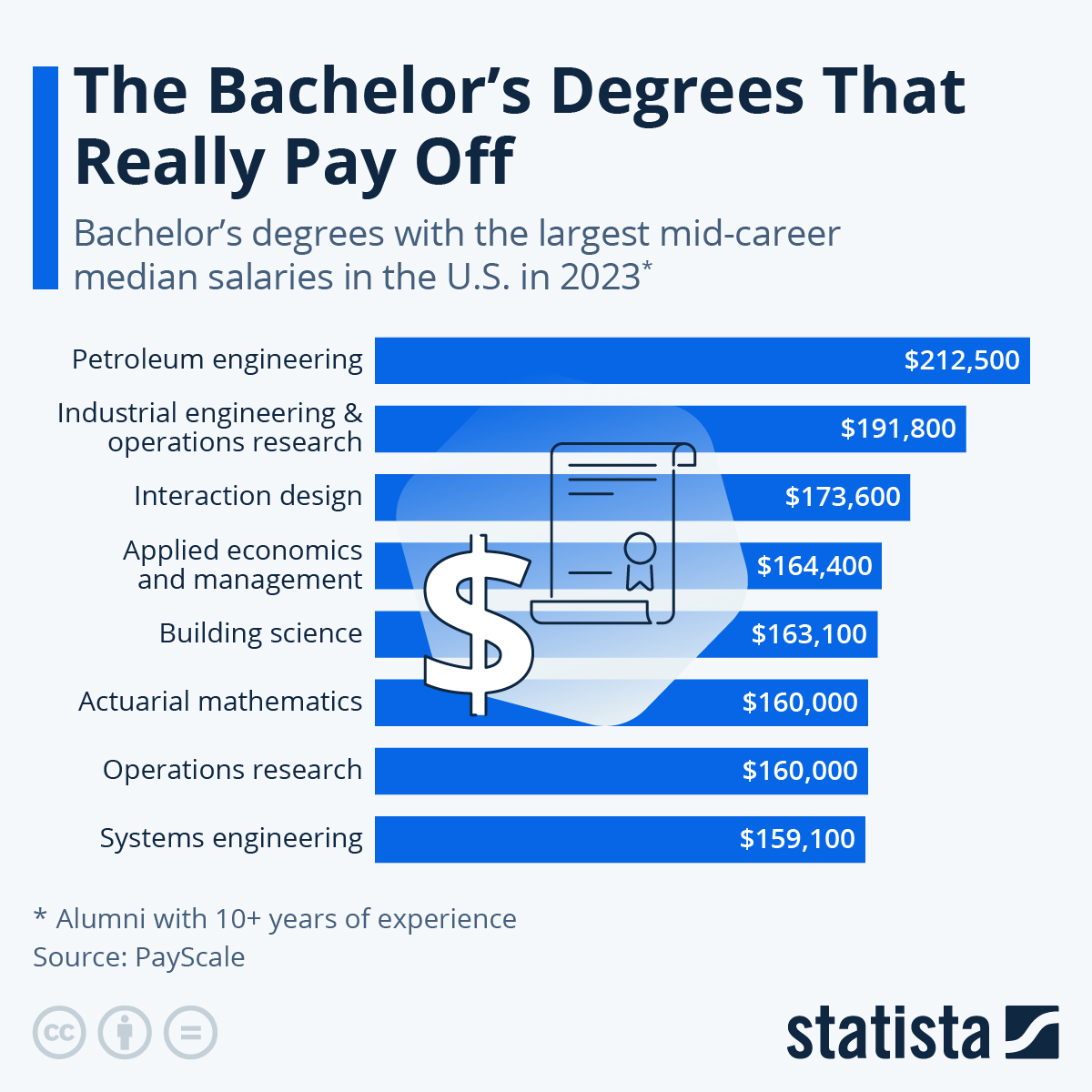How Many Years for a Bachelor’s Degree in Engineering?
Embarking on the path to becoming an engineer is a commendable decision, but it’s essential to understand the time commitment involved. Earning a bachelor’s degree in engineering typically requires four to five years of full-time study. This journey involves rigorous coursework, hands-on experience, and a capstone project that showcases your skills and knowledge.
The duration of your engineering program may vary depending on several factors, such as the specific discipline you choose, your academic performance, and whether you attend school full-time or part-time. Some engineering majors, such as civil and electrical engineering, generally take four years to complete. Others, like biomedical and computer engineering, may require five years due to their specialized coursework.
Understanding the Engineering Curriculum
The engineering curriculum is designed to provide a solid foundation in mathematics, science, and engineering principles. Core courses typically include calculus, physics, chemistry, and engineering fundamentals. As you progress through the program, you’ll delve deeper into specialized coursework related to your chosen discipline. For instance, mechanical engineering students will focus on mechanics, thermodynamics, and fluid dynamics, while chemical engineers will explore topics such as reaction kinetics, process design, and materials science.
In addition to classroom learning, engineering programs emphasize hands-on experiences through laboratory work, design projects, and internships. These practical components allow you to apply your theoretical knowledge to real-world problems and develop essential skills in design, analysis, and problem-solving.
The Importance of a Capstone Project
The capstone project is a significant component of most engineering programs. It’s an opportunity for you to showcase your abilities by designing, building, and testing a solution to a complex engineering problem. Capstone projects often involve collaboration with industry partners, providing valuable hands-on experience and networking opportunities.
Completing a capstone project not only demonstrates your technical skills but also enhances your communication, teamwork, and project management abilities, which are highly valued by employers.
Tips and Expert Advice for Prospective Engineers
To succeed in your engineering program, consider the following tips from experienced educators and professionals:
- Develop strong study habits: Engineering coursework is challenging, so it’s crucial to establish effective study habits, including regular review, note-taking, and practice problems.
- Seek support when needed: Don’t hesitate to reach out to professors, TAs, or classmates for clarification or assistance. Utilizing resources like tutoring, study groups, and online forums can also be beneficial.
- Get involved in extracurricular activities: Joining engineering clubs, participating in design competitions, or volunteering for community projects can supplement your classroom learning, enhance your skills, and expand your network.
Remember, the journey to becoming an engineer is a rewarding one. With dedication, perseverance, and a commitment to continuous learning, you can achieve your goals and make a meaningful contribution to the field.
FAQs on Engineering Education
Q: What is the average starting salary for an engineer?
A: According to the Bureau of Labor Statistics, the median annual salary for engineers was $100,990 in May 2021. However, salaries can vary depending on your experience, industry, and location.
Q: What are the job prospects for engineers?
A: The job outlook for engineers is expected to grow faster than average in the coming years. The need for engineers in various industries, including healthcare, energy, and transportation, is projected to drive employment growth.
Q: What are the different types of engineering degrees?
A: There are many different types of engineering degrees available, including bachelor’s, master’s, and doctoral degrees. Some common engineering disciplines include mechanical engineering, electrical engineering, civil engineering, and chemical engineering.
Conclusion
Pursuing a bachelor’s degree in engineering is a significant commitment, but the rewards are substantial. With a solid foundation in engineering principles, hands-on experience, and a capstone project, you’ll be well-prepared for a successful career in the field. Embrace the challenges, utilize the resources available to you, and never stop learning. The future of engineering is bright, and you can be a part of it.
Would you like to know more about the different engineering disciplines and career opportunities available? Leave a comment below and let’s continue the conversation.

Image: www.statista.com

Image: www.bachelorsdegreecenter.org
How You Can Make Your Small Business Look Like A Million Bucks | How To … Dec 14, 2023While the majority of college students in the United States used to take between four and five years to earn the 120 credits required to graduate with their bachelor’s degree, it has since become more common for undergraduates to take six years to finish [ 1, 2 ]. There are many factors that can affect that timeline.